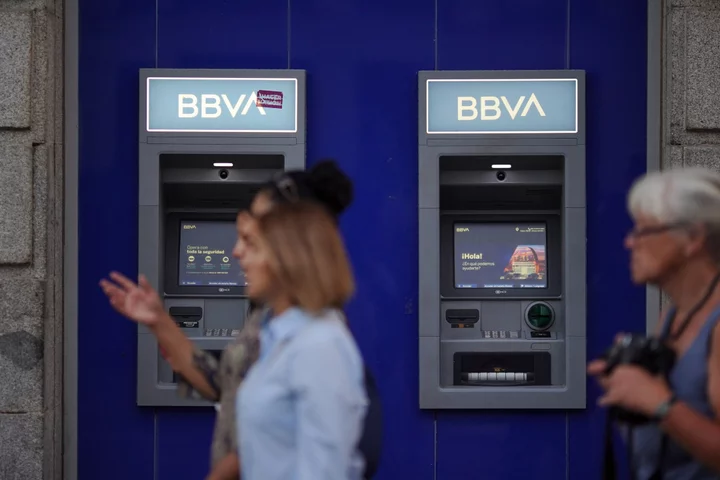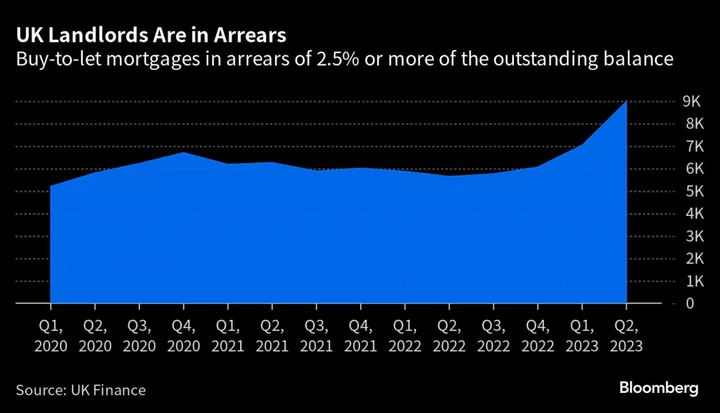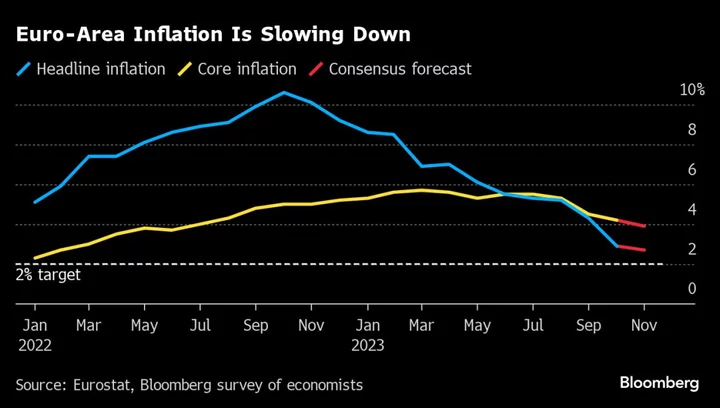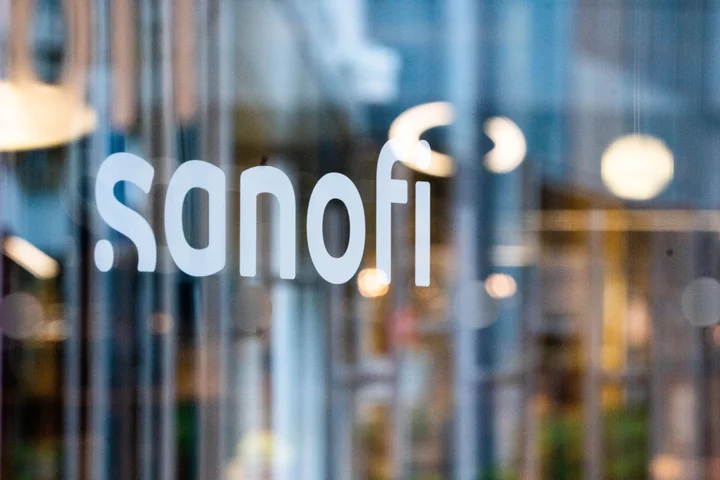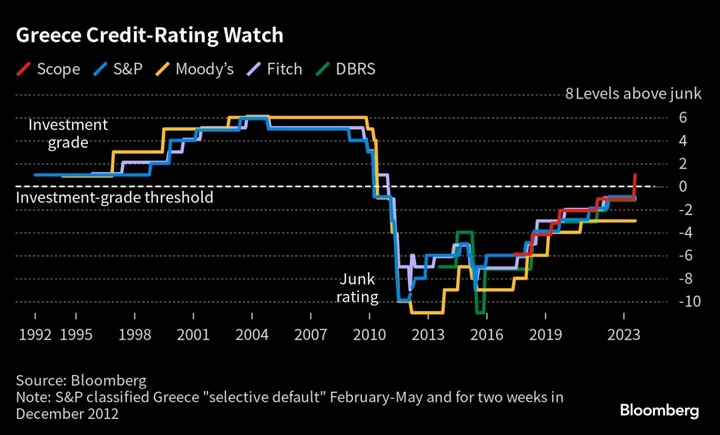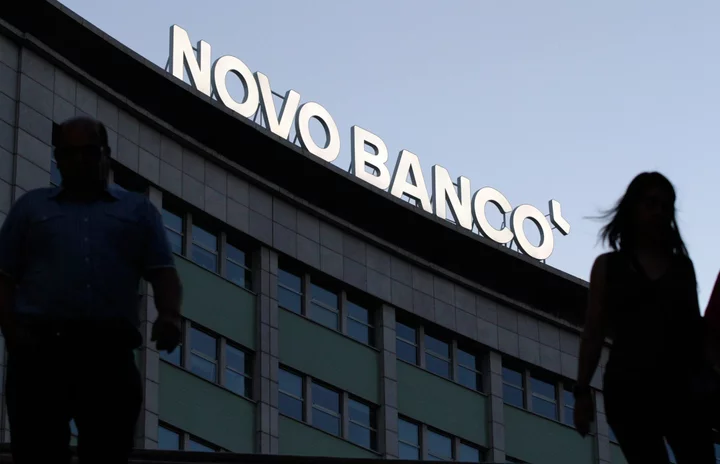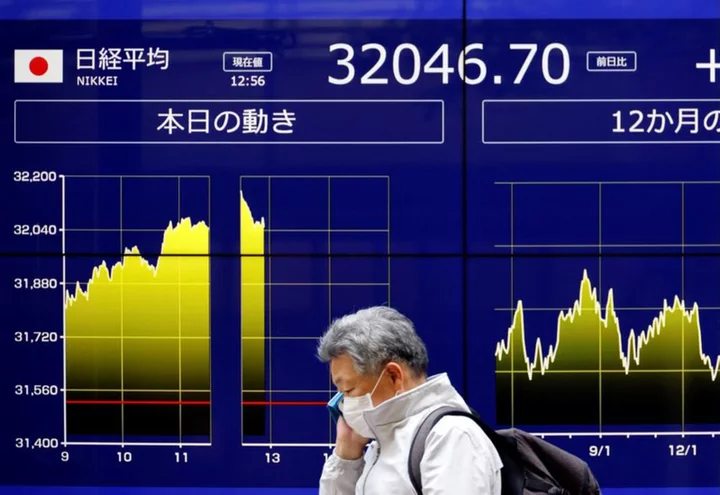The market for the riskiest type of bank debt in Europe is back open for business three months after the turmoil caused by a controversial wipeout of Credit Suisse Group AG’s bonds.
Banco Bilbao Vizcaya Argentaria SA and Bank of Cyprus Holdings Plc sold the first publicly-syndicated Additional Tier 1 bonds in the region since the writedown of $17 billion of the debt as part of UBS Group AG’s emergency rescue of Credit Suisse. Both lenders saw healthy demand in orders that far outpaced how much they offered.
The AT1 market is reopening globally, part of a broad thawing of capital markets, as concerns about bank failures ease and investors grow more hopeful that central banks are nearing the end of their tightening cycles. Asia was first to see some sales, while Europe and the US have been slower to return. Investor demand for AT1 plunged in the wake of Credit Suisse’s collapse in March. Average yields on European lenders’ AT1s surged above 15% that same month as investors sought to ditch the notes, but they have since eased to about 9.9%, according to a Bloomberg index.
“A new successful issuance by a national champion (BBVA) will bring confidence back to the AT1 asset class and will alleviate concerns around upcoming calls from other issuers,” said David Arnaud, senior portfolio manager at Canada Life Asset Management.
Banco Bilbao Vizcaya saw decent demand, pulling in more than €3 billion in orders at one point for a €1 billion deal, according to a person familiar with the matter. Bank of Cyprus also saw healthy orders of more than €2.75 billion for its €220 million notes, they said.
BBVA’s notes offered an initial yield of around 8.75%, said the person, who asked not to be identified because they’re not authorized to speak about it. That’s below the current yields on BBVA’s three existing euro AT1 notes, suggesting that appetite for riskier debt is starting to recover — at least when it comes to Europe’s biggest lenders. The deal was sold at a yield of 8.375%.
Bank of Cyprus offered its notes at an initial yield of around 12.5%, according to a separate person with knowledge of that deal. The deal priced at a yield of 12.228%.
See also: BBVA’s New AT1 Signals the Reopening of AT1 Market: Credit React
A few banks have sold US dollar-denominated AT1s so far this year, and that could increase as maturities start to creep up. LLoyds Banking Group Plc sold a $1.25 billion bond in the US market to refinance its existing debt. It later redeemed its AT1 in April. Barclays Plc has an option to redeem its dollar-denominated AT1 in September.
Nevertheless, US banks aren’t likely to follow suit with a resurgence of preferred shares, the US equivalent of an AT1, as banks seek to maintain low-coupon bonds, according to Collin Martin, a director and fixed income strategist at Charles Schwab & Co. If those issuers were to call and refinance their debt, they’d be facing a jump in the cost to raise debt.
US banks are also less likely to call or redeem preferred shares, Bloomberg Intelligence bank analyst Arnold Kakuda said. Banks are instead grappling with switching bonds from fixed to floating rate or from the London interbank offered rate to the secured overnight financing rate as interest rates remain high.
“European bank AT1s largely expect a call,” Kakuda said. “But in the US, investors are used to preferreds not getting called. So US bank preferreds are going floating rate as US banks don’t want to print new preferreds and getting stuck at high coupon rates.”
The Credit Suisse writedown shook the market because it left AT1 holders with nothing, while shareholders — typically below bondholders in the capital structure — salvaged some value. AT1 debt helps banks bolster financial resources and comply with capital requirements. The securities were created by regulators after the financial crisis as a way to impose losses on creditors without using taxpayer money.
Read more: Call Them CoCos or AT1s, Here’s Why They Can Blow Up: QuickTake
There have been a few AT1 deals in Asia since April, when Sumitomo Mitsui Financial Group Inc. became the first lender to sell the securities since the Credit Suisse wipeout. Europe has been slower to recover. The riskiest deals until now have been corporate hybrids, subordinated tier 2 and senior non-preferred notes, which sit below top-ranked senior unsecured bonds, but above subordinated bonds.
Proceeds from BBVA’s new bond will almost certainly be used to refinance the upcoming call of a €1 billion 5.875% note due later this year, according to Paola Biraschi, senior analyst for European banks at CreditSights Inc. “If not called, the bond coupon would reset to around 8.75% at today’s swap rates. With a yield-to-call of 7.86%, its call would be justified on economic grounds,” she said.
BBVA may be followed by more AT1 issuance by other European banks — especially those that also have first call dates on their existing securities this year, including Barclays Plc, Caixabank SA and Societe Generale SA.
“Successful AT1 deals are likely to be joined by new AT1 issuers,” ING senior financials strategist Suvi Platerink Kosonen wrote in a note, highlighting Caixabank, HSBC Holdings Plc and Banco Santander SA. “AT1 markets stage a dual comeback.”
Author: Ronan Martin, Hannah Benjamin-Cook and Josyana Joshua

